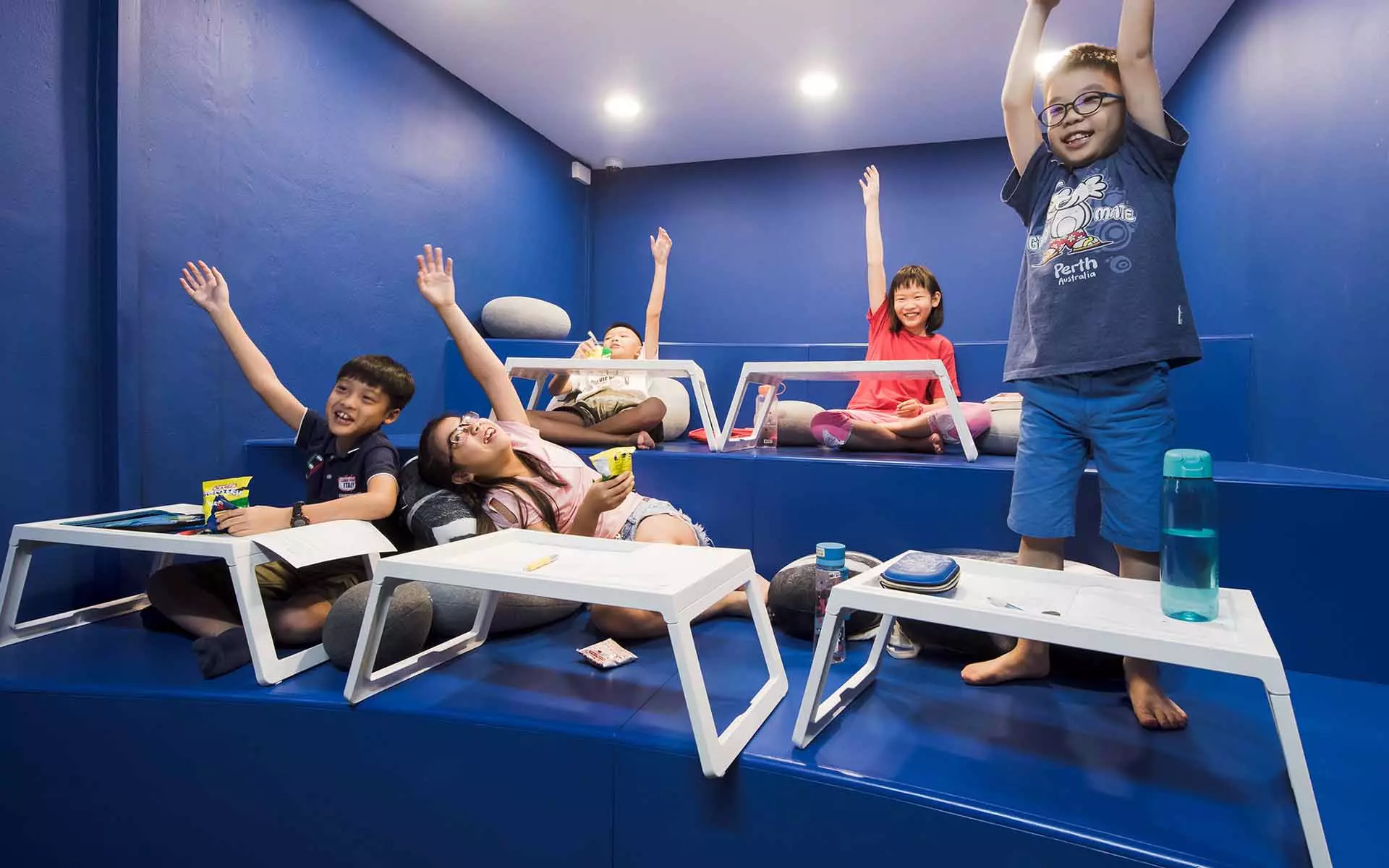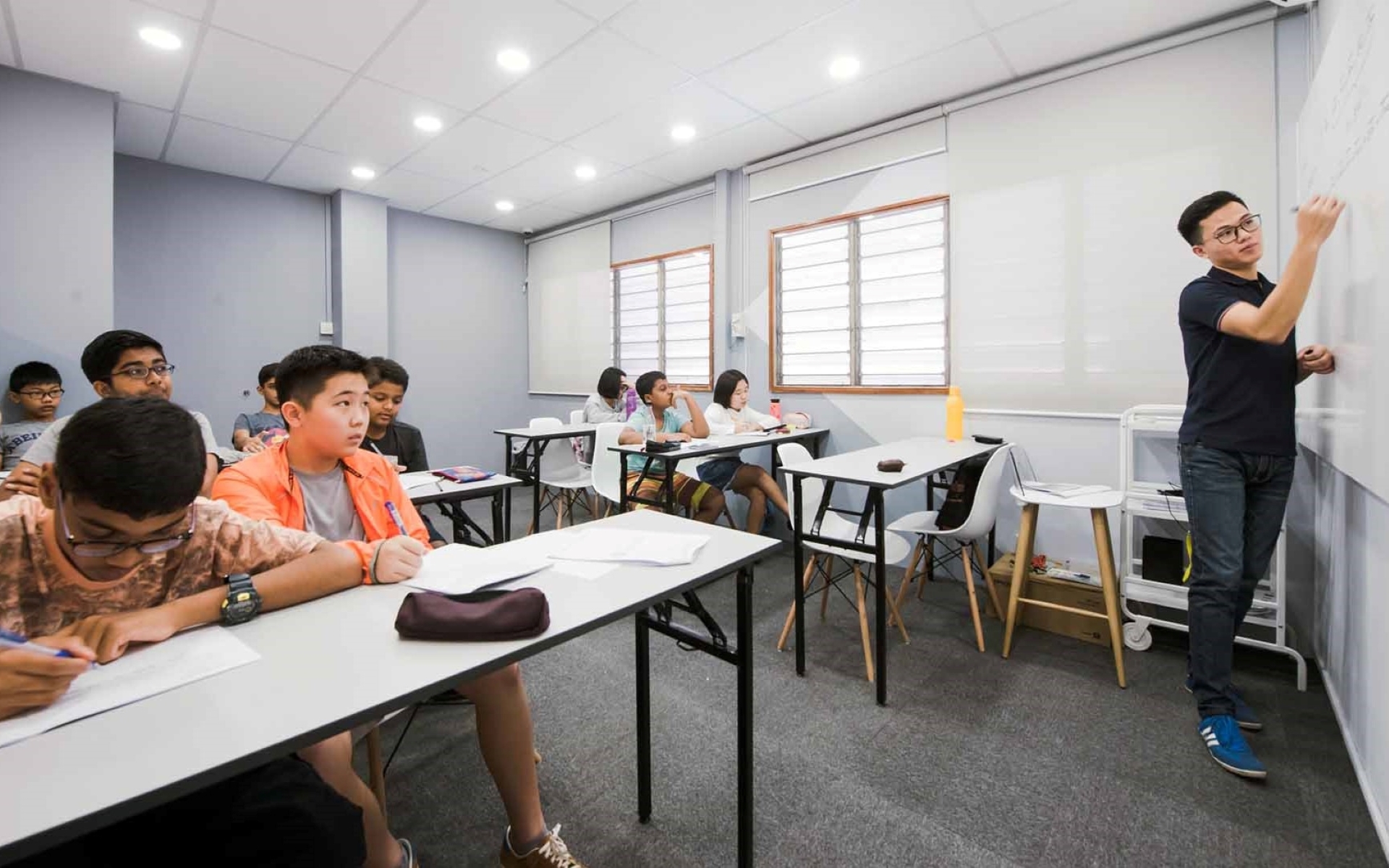Why Olympiad-Style Training Matters – Even If Your Child Never Reaches the IMO
The International Mathematical Olympiad (IMO) is often seen as the pinnacle of achievement for pre-university students in mathematics. Each year, just six students are selected to represent Singapore. This distinction recognises outstanding skill and perseverance in mathematics.
But for most families, the IMO is not the goal. And it doesn’t need to be.
The Real Value of Olympiad-Style Training
Olympiad training is not just about preparing for competitions. It's about developing vital skills like:
- Critical thinking
- Deep reasoning
- Creative problem-solving
These are lifelong tools that benefit far more students than those who reach the IMO. Many children—curious, capable, and eager to be challenged—can gain immensely from this style of learning, even without competing.
Whether your child is just starting to show interest or is already advanced, Olympiad-style learning can spark a love for problem-solving and open doors to broader academic success, while nurturing resilience, confidence, and the ability to tackle unfamiliar challenges.
When Should Students Start Olympiad-Style Learning?
Building the Foundation Early: Olympiad-Style Learning in Lower Primary
Curious, puzzle-loving children can benefit from Olympiad-style thinking even before Primary 3. While structured training often begins around Primary 3 to Primary 4, the earlier years are ideal for nurturing playful exploration, logical thinking, and a love for challenge, without the pressure of competition.
At this stage, the focus is not on performance, but on building thinking habits through fun and engaging activities.
Focus at this stage:
- Playing with logic and visual puzzles
- Encouraging curiosity and a love for challenge
- Strengthening number sense and thinking flexibility
Early exposure to creative problem-solving helps students develop a positive, resilient mindset toward mathematics.
Upper Primary: Building Strong Foundations and Exploring Competitions
In Primary 5 to Primary 6, students are ready for more structured Olympiad-style learning while continuing to strengthen their core math foundation. Many begin to show signs of higher aptitude—such as strong pattern recognition, abstract reasoning, or enthusiasm for problem-solving.
Key focus areas:
- Introduction to core Olympiad topics: number theory, geometry, algebraic reasoning
- Developing flexible thinking and multiple solution paths
- Practising non-routine and logic-based problems
- Exposure to national-level competitions such as:
- National Mathematical Olympiad of Singapore (NMOS)
- Raffles Institution Primary Math World Contest (RMO/RIPMWC)
- Asia-Pacific Mathematical Olympiad for Primary Schools (APMOPS)
Competitions at this stage are used to inspire, not pressure—helping students build confidence and exposing students to the excitement of real mathematical challenges.
Secondary 1 to Secondary 2: Developing Competitive Thinking
For students who’ve had early enrichment or show high interest in math, this stage marks the shift toward deeper problem-solving. Questions become more rigorous, requiring sustained focus and structured approaches.
Key development areas:
- Core topics: algebra, geometry, number theory, combinatorics
- Writing detailed and logical solutions
- Time management and strategic thinking
- Taking part in competitions such as:
- Singapore Mathematical Olympiad (Junior)
- Australian Mathematics Competition (AMC)
- American Mathematics Competitions (AMC 8/10)
Students learn to embrace mistakes as part of growth and enjoy the process of stretching their minds.
Secondary 3 and Beyond: Aiming Higher, Thinking Deeper
At this stage, some students explore advanced competitions or national selection processes. While few may eventually reach the IMO level, the training itself builds academic discipline and mental resilience.
Training includes:
- Exposure to past Olympiad problems and advanced techniques
- Mentorship from experienced coaches
- Participating in mock tests and refining strategies
- Cultivating independence and perseverance in problem-solving
Even without reaching the top levels, students gain habits of excellence that support success in school and beyond.
Olympiad-Style Training Is For More Than Just Competitors
Olympiad math isn’t about racing ahead of others. It’s about learning to think deeply, reason clearly, and solve creatively.
Benefits for all mathematically inclined students:
- Confidence with non-routine problems
- Supportive environment for making and learning from mistakes
- Meaningful peer discussion and collaboration
- Long-term development of logic and reasoning
Olympiad-style learning strengthens skills that benefit students for life—not just for a medal.
A Lifelong Investment in Thinking Skills
Olympiad-style learning is more than academic preparation—it builds essential traits like:
- Critical and creative thinking
- Persistence in the face of challenge
- Clarity in expressing complex ideas
These qualities empower students to excel in university admission, scholarship interviews, and future careers. Participation in math competitions is not for the medals alone, but a testament to their ability to think rigorously and independently.
Supporting Your Child’s Journey
At Terry Chew Academy, we believe every child deserves the opportunity to engage deeply with mathematics—not just to perform, but to grow through challenge.
Many of our students love tackling tough problems, driven by the joy of discovery and the satisfaction of mastering something new.
Through structured Olympiad-style programmes, we help them:
- Build strong problem-solving habits
- Develop creativity and resilience
- Stay motivated—even when questions get tough
Whether your child dreams of the IMO or simply enjoys pushing boundaries, we’re here to guide their journey—helping them grow into confident, curious, and capable thinkers.

 Like us
Like us



